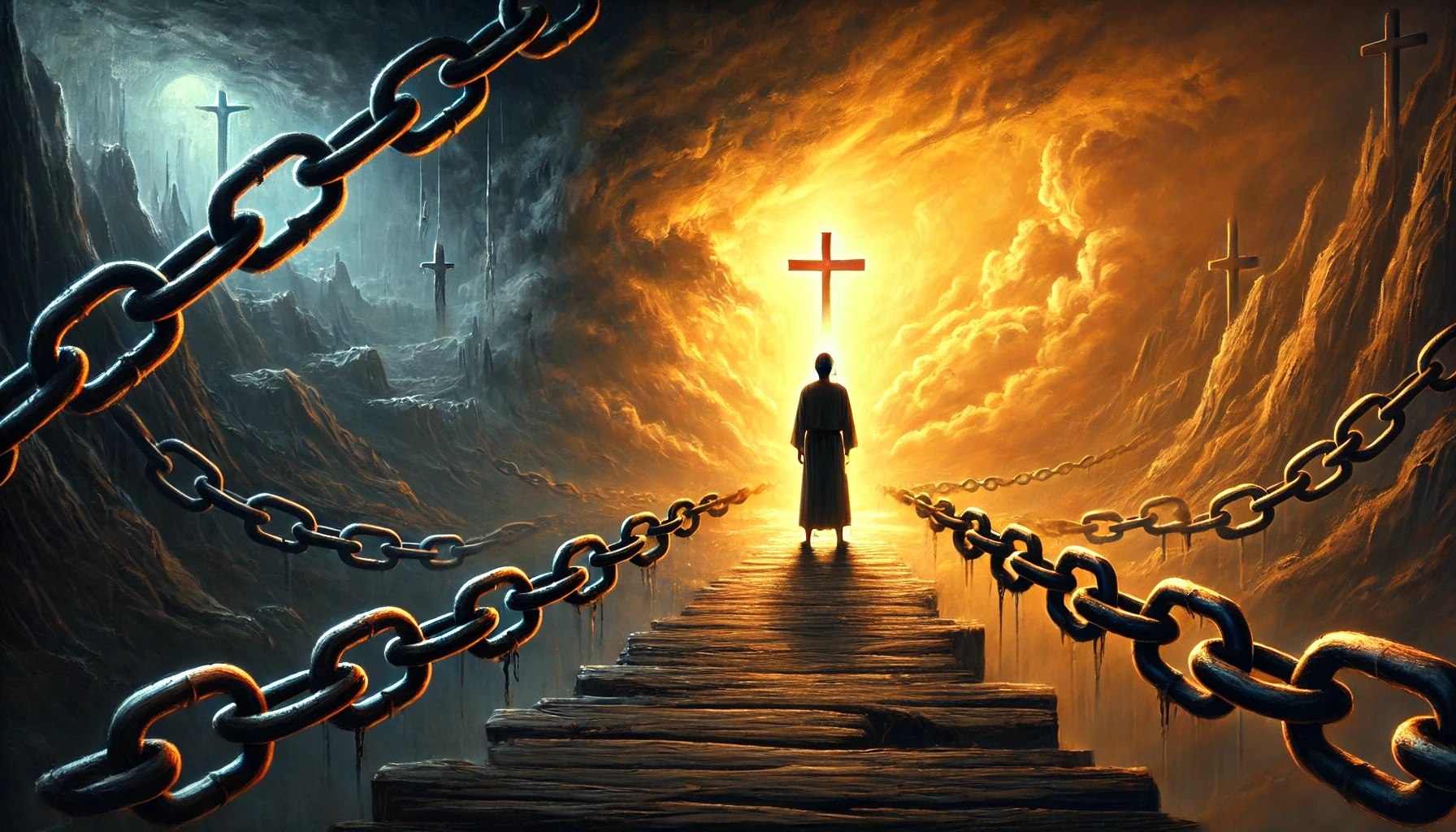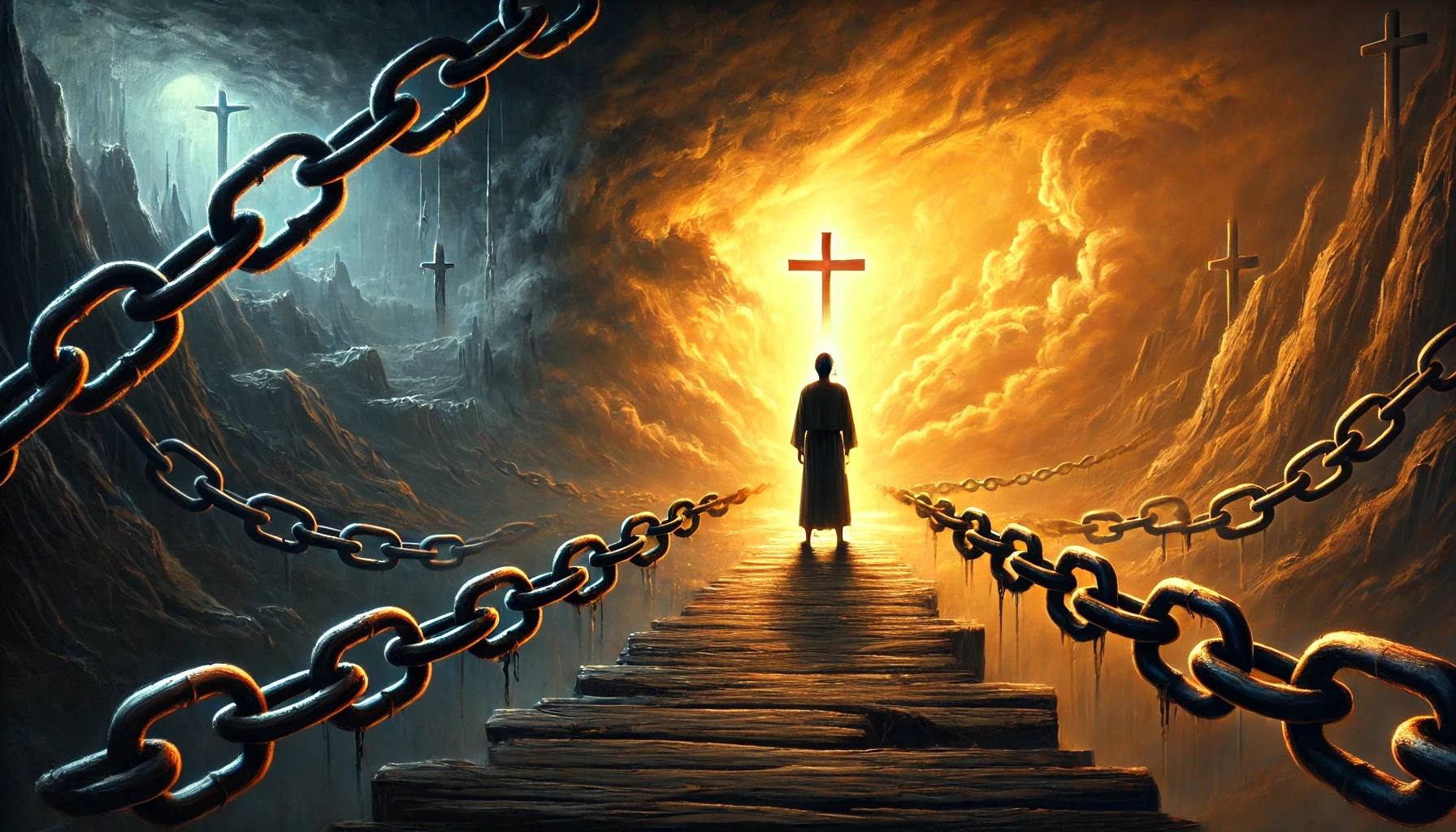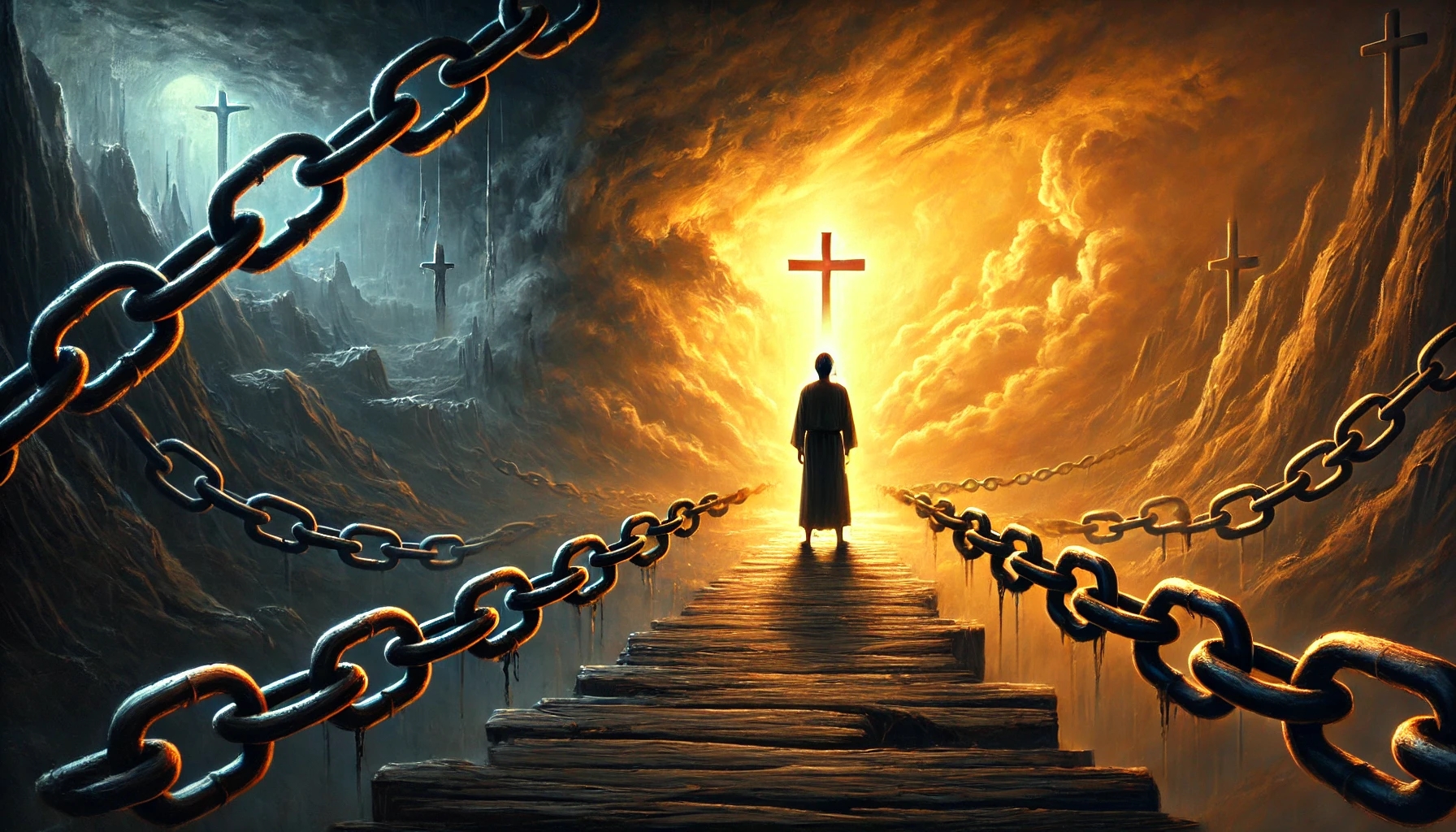February 6, 2024
DAILY BIBLE READING – 1 Timothy Chapter 1
1 Paul, an apostle of Jesus Christ by the commandment of God our Saviour, and Lord Jesus Christ, which is our hope;
2 Unto Timothy, my own son in the faith: Grace, mercy, and peace, from God our Father and Jesus Christ our Lord.
3 As I besought thee to abide still at Ephesus, when I went into Macedonia, that thou mightest charge some that they teach no other doctrine,
4 Neither give heed to fables and endless genealogies, which minister questions, rather than godly edifying which is in faith: so do.
5 Now the end of the commandment is charity out of a pure heart, and of a good conscience, and of faith unfeigned:
6 From which some having swerved have turned aside unto vain jangling;
7 Desiring to be teachers of the law; understanding neither what they say, nor whereof they affirm.
8 But we know that the law is good, if a man use it lawfully;
9 Knowing this, that the law is not made for a righteous man, but for the lawless and disobedient, for the ungodly and for sinners, for unholy and profane, for murderers of fathers and murderers of mothers, for manslayers,
10 For whoremongers, for them that defile themselves with mankind, for menstealers, for liars, for perjured persons, and if there be any other thing that is contrary to sound doctrine;
11 According to the glorious gospel of the blessed God, which was committed to my trust.
12 And I thank Christ Jesus our Lord, who hath enabled me, for that he counted me faithful, putting me into the ministry;
13 Who was before a blasphemer, and a persecutor, and injurious: but I obtained mercy, because I did it ignorantly in unbelief.
14 And the grace of our Lord was exceeding abundant with faith and love which is in Christ Jesus.
15 This is a faithful saying, and worthy of all acceptation, that Christ Jesus came into the world to save sinners; of whom I am chief.
16 Howbeit for this cause I obtained mercy, that in me first Jesus Christ might shew forth all longsuffering, for a pattern to them which should hereafter believe on him to life everlasting.
17 Now unto the King eternal, immortal, invisible, the only wise God, be honour and glory for ever and ever. Amen.
18 This charge I commit unto thee, son Timothy, according to the prophecies which went before on thee, that thou by them mightest war a good warfare;
19 Holding faith, and a good conscience; which some having put away concerning faith have made shipwreck:
20 Of whom is Hymenaeus and Alexander; whom I have delivered unto Satan, that they may learn not to blaspheme.
King James Version. Public Domain
Commentary
Introduction
The First Epistle to Timothy begins with a personal greeting from the Apostle Paul to his spiritual son Timothy. Paul reminds him of his task in the congregation at Ephesus: he is to combat false teachings and strengthen the church in true faith. A central theme in this chapter is the distinction between the proper use of the law and the false teachings that arise from speculative theories and useless chatter. At the same time, Paul testifies to the immeasurable grace of God in his own life and encourages Timothy to fight the good fight of faith.
Commentary
1.Warning Against False Teachers (Verses 3–11)
Paul instructs Timothy to stand against false teachers in the congregation at Ephesus. These individuals were engaged in “fables and genealogies” (v. 4), meaning speculative and endless discussions that bring no spiritual benefit. Instead, Paul emphasizes that the true aim of divine teaching is “love, which comes from a pure heart, a good conscience, and a sincere faith” (v. 5).
He makes it clear that the law was not made for the righteous, but for sinners (vv. 9–10). In doing so, he lists various sins that the divine law condemns. These words show that the law serves to expose sin, but not to save people through legal regulations – only the Gospel of Jesus Christ can accomplish that (v. 11).
2.The Mercy of God in Paul’s Own Life (Verses 12–17)
In this section, Paul provides a powerful personal testimony of how he – once a persecutor of Christians – was saved by the grace of Christ. He describes himself as a “blasphemer, persecutor, and insolent opponent” (v. 13), yet he received mercy because he acted out of ignorance.
Particularly significant is verse 15: “This is a trustworthy saying and worthy of full acceptance, that Christ Jesus came into the world to save sinners, of whom I am the foremost.” Paul presents himself as the greatest example of God’s grace, showing that no one is beyond redemption. This is one of the strongest messages of this chapter: God’s mercy is infinite and can transform even the worst sinners.
3.Encouragement to Timothy for the Spiritual Battle (Verses 18–20)
Paul encourages Timothy to carry out his commission faithfully. He speaks of a “good soldier” (v. 18), a metaphor for the spiritual battle that Timothy, as God’s servant, must fight. This entails two essential elements: faith and a good conscience (v. 19). Anyone who neglects their conscience risks “suffering shipwreck in faith” – a serious warning.
In conclusion, Paul names two individuals, Hymenaeus and Alexander, who apparently spread severe false teachings. Paul has “delivered them to Satan” (v. 20), meaning that they have been excluded from the community so that they may come to their senses. This demonstrates that false teaching must not be tolerated, while also showing that spiritual discipline aims to bring people to repentance.
Summary
In 1 Timothy 1, Paul makes Timothy’s task clear: he is to oppose false teachings that do not lead to true faith. Instead, he is to guide the congregation toward love, a good conscience, and sincere faith. Paul powerfully testifies to how God’s grace transformed his own life and encourages Timothy to prepare for the spiritual battle ahead. The chapter concludes with a warning against shipwreck in faith and emphasizes the necessity of spiritual responsibility and discipline in the congregation.
![]()

WEEKLY SPIRIT OF PROPHECY READING – Ellen White | Steps to Christ
Chapter 3—Repentance
Read online here
Commentary
Introduction
Repentance is the first step toward true conversion and reconciliation with God. But what does genuine repentance mean? Is it merely a fear of the consequences of sin, or is it a profound turning away from it? The Bible shows us that true repentance is not only the acknowledgment of our faults but also an inner transformation that leads us to Christ. Many wonder how they can come into alignment with God. The answer is: through sincere repentance and the acceptance of God’s grace. In this chapter, we recognize that genuine repentance does not come from ourselves, but is the work of the Holy Spirit who convicts our hearts and draws us to Christ.
Commentary
The Bible distinguishes between genuine and false repentance. False repentance is often evident in people who fear the consequences of their sin but do not hate the sin itself. Examples of this are Esau, Balaam, Judas, and Pharaoh – each of them repented of their actions, but not from a change of heart, rather out of fear of punishment.
True repentance, on the other hand, is a deep recognition of the sinfulness of one’s own life and a sincere desire for change. King David is an example of true repentance: he recognized his guilt, sought God’s forgiveness, and asked not only for cleansing but for a new heart and a renewed spirit (Psalm 51).
This true repentance cannot be achieved by human effort alone. It is Christ who leads us to repentance. The Holy Spirit convicts us of sin and shows us the righteousness of Christ. Those who become aware of the love and suffering of Jesus are moved to conversion. Only through Christ’s work on the cross can we recognize our sinful nature and develop a sincere desire for change.
Many people mistakenly believe that they must first repent before they can come to Christ. Yet the Bible teaches that Christ himself grants us repentance. Without him, we are not capable of truly regretting our sin or turning away from it. Therefore, Jesus calls, “Come to me, all you who are weary and burdened, and I will give you rest” (Matthew 11:28).
Another obstacle to true repentance is self-righteousness. Many believe that they are not as sinful as others and therefore do not need a profound conversion. But it is precisely pride and self-deception that separate us from God. The Bible shows that even small sins can have serious consequences – even the disobedience of Adam and Eve led to suffering and death in the world.
The chapter concludes with an urgent warning: whoever repeatedly rejects God’s invitation to convert hardens their heart. The best time for repentance is now – for every delay can cause the heart to become increasingly unresponsive to God’s voice.
Summary
1.False and True Repentance – Genuine repentance does not mean fearing the consequences of sin, but hating the sin itself.
2.The Work of the Holy Spirit – Repentance is not a human achievement but the work of God. The Holy Spirit convicts us and draws us to Christ.
3.The Cross as the Key to Repentance – Whoever recognizes the suffering and love of Christ will be moved to conversion. God’s goodness leads us to repentance.
4.The Danger of Procrastination – Those who delay their conversion harden their hearts and risk missing out on God’s grace.
This chapter urgently calls us to true repentance—not out of fear of punishment, but out of love for God. Whoever recognizes and repents of their sin has the door wide open to forgiveness and renewal.
Source: https://fulfilleddesire.net/06-02-2025-1-timothy-chapter-1-believe-his-prophets/




 Application in Daily Life: Pray not just mechanically, but with trust. Your prayers can make a difference!
Application in Daily Life: Pray not just mechanically, but with trust. Your prayers can make a difference!







